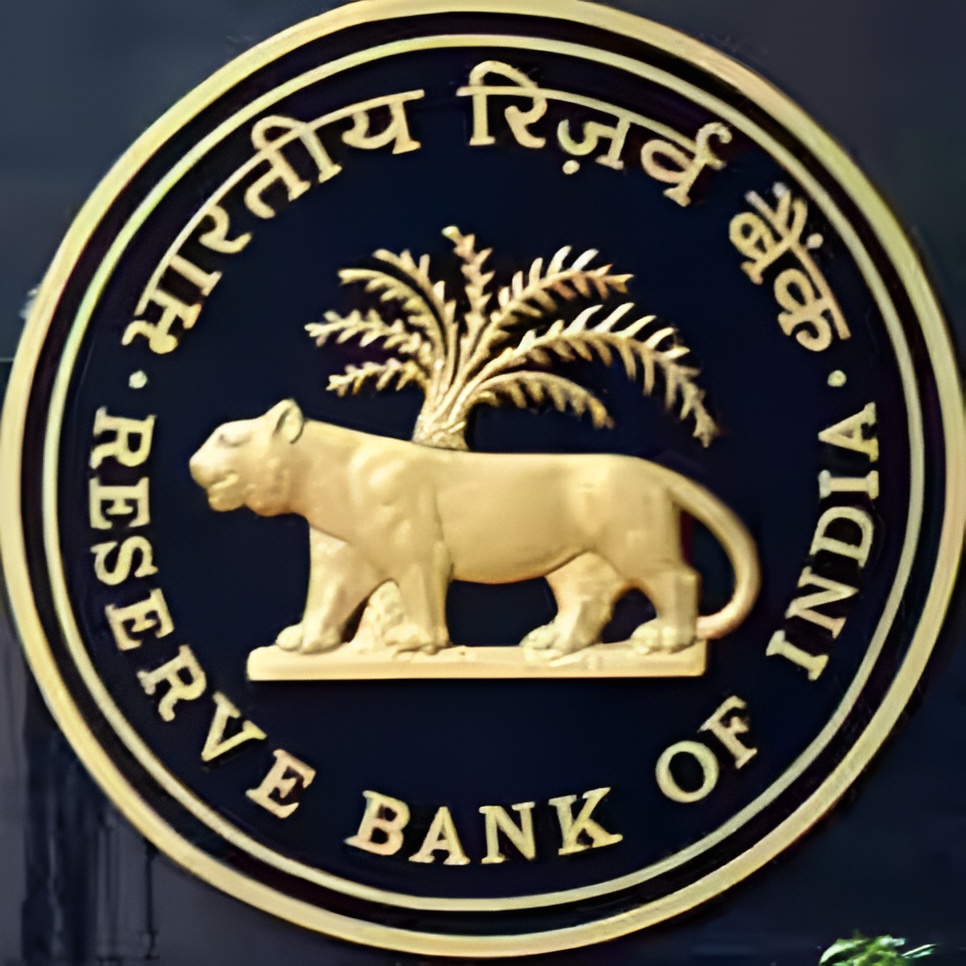Access to affordable finance a key concern for MSMEs to scale up effectively: Reserve Bank of India

The MSME sector in India contributes significantly to the Indian economy, accounting for about 30 per cent of the country’s GDP, 45 per cent of exports, and 62 per cent of employment in the business sector. The sector is expected to expand progressively in the coming years, further underlining its importance.
Despite their importance, many MSMEs remain small-sized due to various challenges, with access to affordable finance being one of the key barriers for Indian MSMEs to scale up effectively. This point was driven home by the senior leadership of the Reserve Bank of India very emphatically at two separate industry conferences organised last week by FICCI & CII in Mumbai & New Delhi respectively.
Addressing the annual FIBAC conference by FICCI and Indian Banks’ Association (IBA) in Mumbai, the RBI Governor Mr Shaktikanta Das, said “Improving access to working capital, flexible credit options and providing financial support that accommodates the unique cash flow cycles and growth stages of MSMEs can propel MSMEs to expand, enhance their productivity, and contribute more significantly to job creation. India needs to fully tap the potential of MSMEs to drive employment and economic development, considering our youth population.”
The Governor also highlighted the need for driving women entrepreneurship as “less than one fifth of MSMEs are owned by women.” Emphasizing the challenges faced by women entrepreneurs such as limited access to capital, restrictive societal norms and difficulties in accessing affordable finance, the Governor said the financial sector has a crucial role to play in bridging this gender gap by implementing supportive policies, creating tailored financial products, and leveraging fintech innovations to offer better access to finance. He added, this can be pursued on two fronts: first, by providing higher employment opportunities to women in financial institutions; and second, by supporting women entrepreneurs, through government-sponsored schemes as well as banks’ own schemes tailored to suit businesses promoted by women.
Mr Das also noted that the commencement of the RBI’s pilot project for frictionless credit, i.e. the end-to-end digital platform of the Unified Lending Interface (ULI) is expected to revolutionise access to credit, especially for MSMEs.
Meanwhile, addressing the CII conference in New Delhi earlier this week, on ‘Financing 3.0 Summit: Preparing for Viksit Bharat’, the RBI Deputy Governor Mr. Michael Patra mentioned that Indian MSMEs have a financing need of roughly about USD 1.955 trillion.
Of the total finance demand, USD 1.544 trillion is debt-based. However, Mr. Patra noted that half of this demand comes from borrowers who either prefer informal financing sources or represent financially unviable enterprises. This leaves a viable debt demand of USD 819 billion, of which USD 289 billion is currently met by formal credit lenders such as banks. The remaining USD 530 billion represents a substantial opportunity for banks, fintech companies, and non-banking financial companies (NBFCs).
Mr. Patra also emphasized India’s rapid technological strides in the banking sector, highlighting the proliferation of digital banking platforms, mobile banking applications, and online services as key factors in reducing cash dependency and promoting financial inclusion for MSMEs.
He also pointed out the emergence of Digital Supply Chain Finance (DSCF) as a promising segment that aims to integrate digital financial services into supply chains, potentially enhancing efficiency and reducing risks.











